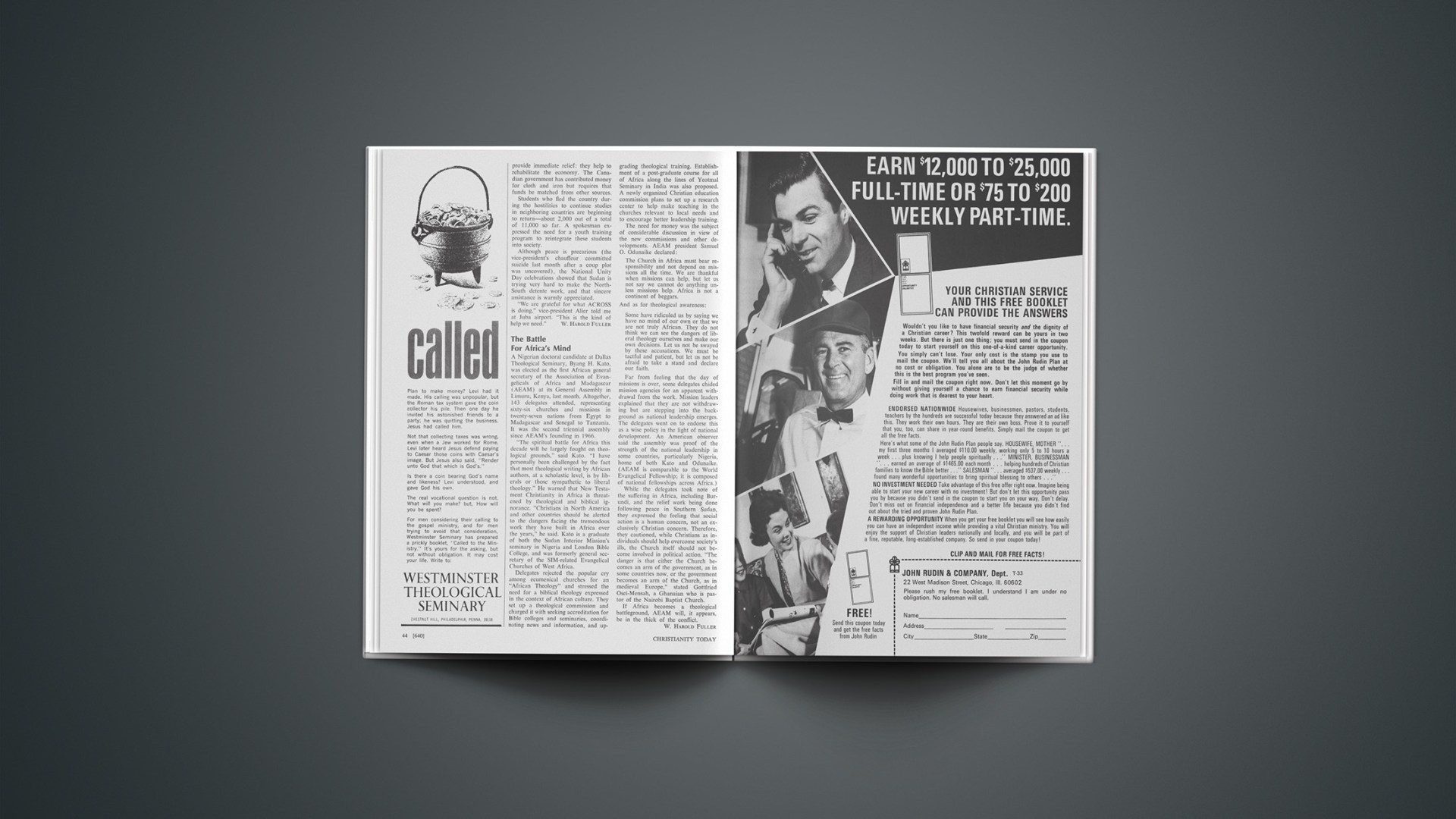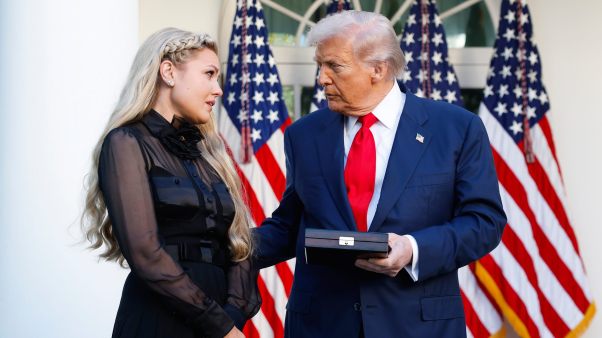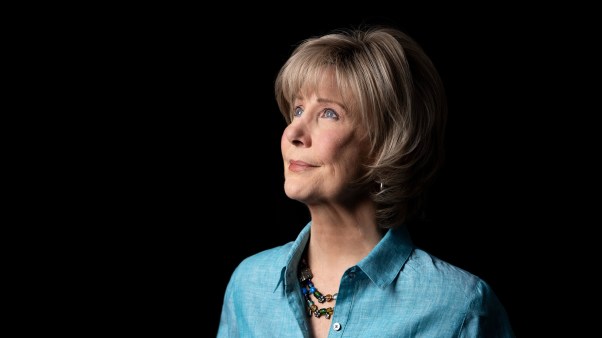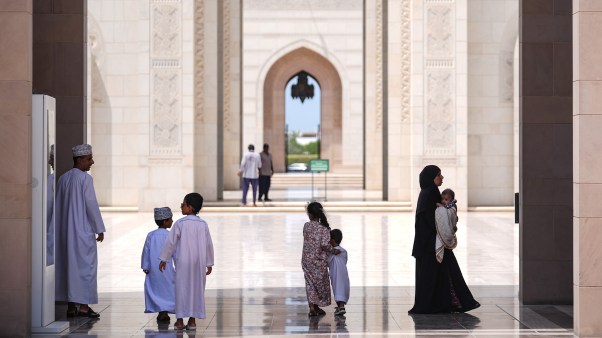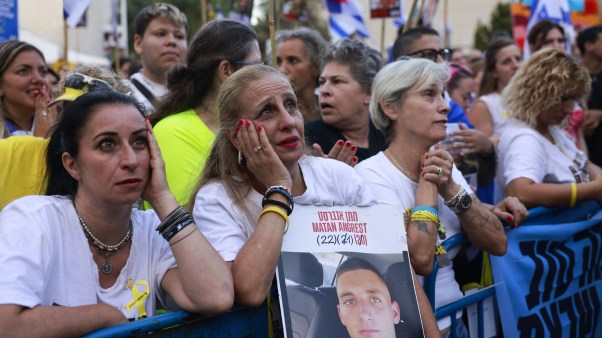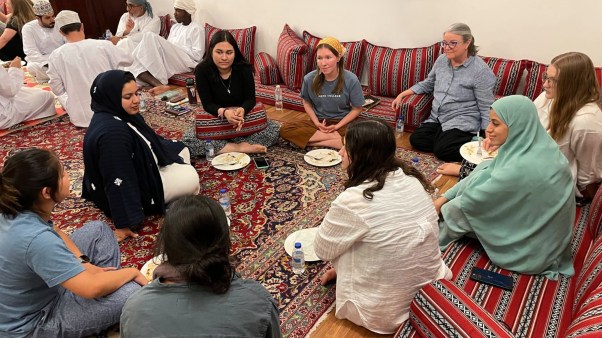The Battle For Africa’S Mind
A Nigerian doctoral candidate at Dallas Theological Seminary, Byang H. Kato, was elected as the first African general secretary of the Association of Evangelicals of Africa and Madagascar (AEAM) at its General Assembly in Limuru, Kenya, last month. Altogether, 143 delegates attended, representing sixty-six churches and missions in twenty-seven nations from Egypt to Madagascar and Senegal to Tanzania. It was the second triennial assembly since AEAM’s founding in 1966.
“The spiritual battle for Africa this decade will be largely fought on theological grounds,” said Kato. “I have personally been challenged by the fact that most theological writing by African authors, at a scholastic level, is by liberals or those sympathetic to liberal theology.” He warned that New Testament Christianity in Africa is threatened by theological and biblical ignorance. “Christians in North America and other countries should be alerted to the dangers facing the tremendous work they have built in Africa over the years,” he said. Kato is a graduate of both the Sudan Interior Mission’s seminary in Nigeria and London Bible College, and was formerly general secretary of the SIM-related Evangelical Churches of West Africa.
Delegates rejected the popular cry among ecumenical churches for an “African Theology” and stressed the need for a biblical theology expressed in the context of African culture. They set up a theological commission and charged it with seeking accreditation for Bible colleges and seminaries, coordinating news and information, and upgrading theological training. Establishment of a post-graduate course for all of Africa along the lines of Yeotmal Seminary in India was also proposed. A newly organized Christian education commission plans to set up a research center to help make teaching in the churches relevant to local needs and to encourage better leadership training.
The need for money was the subject of considerable discussion in view of the new commissions and other developments. AEAM president Samuel O. Odunaike declared:
The Church in Africa must bear responsibility and not depend on missions all the time. We are thankful when missions can help, but let us not say we cannot do anything unless missions help. Africa is not a continent of beggars.
And as for theological awareness:
Some have ridiculed us by saying we have no mind of our own or that we are not truly African. They do not think we can see the dangers of liberal theology ourselves and make our own decisions. Let us not be swayed by these accusations. We must be tactful and patient, but let us not be afraid to take a stand and declare our faith.
Far from feeling that the day of missions is over, some delegates chided mission agencies for an apparent withdrawal from the work. Mission leaders explained that they are not withdrawing but are stepping into the background as national leadership emerges. The delegates went on to endorse this as a wise policy in the light of national development. An American observer said the assembly was proof of the strength of the national leadership in some countries, particularly Nigeria, home of both Kato and Odunaike. (AEAM is comparable to the World Evangelical Fellowship; it is composed of national fellowships across Africa.)
While the delegates took note of the suffering in Africa, including Burundi, and the relief work being done following peace in Southern Sudan, they expressed the feeling that social action is a human concern, not an exclusively Christian concern. Therefore, they cautioned, while Christians as individuals should help overcome society’s ills, the Church itself should not become involved in political action. “The danger is that either the Church becomes an arm of the government, as in some countries now, or the government becomes an arm of the Church, as in medieval Europe,” stated Gottfried Osei-Mensah, a Ghanaian who is pastor of the Nairobi Baptist Church.
If Africa becomes a theological battleground, AEAM will, it appears, be in the thick of the conflict.
W. HAROLD FULLER
‘Civil Religion’: An Uncivil Challenge?
Madalyn O’Hair, the atheist whose suit brought about the Supreme Court’s ban on public school devotional exercises, is going after even bigger game. She filed suit in federal court in Washington, D. C., last month against President Nixon, the treasurer of the United States, the Senate and House chaplains, and other congressional officials for allowing religious services in the White House and the Capitol. She accused the President of being the “central figure” in an effort to “make Christianity the official ‘civil religion’ of the United States.”
Mrs. O’Hair wants the courts to rule unconstitutional an assortment of religious practices because they “interfere with the free exercise of religion on her part as a federal taxpayer, and … all federal taxpayers.… and … contribute to an establishment of religion” contrary to the First Amendment. She acted as her own attorney in initiating the litigation.
Southern Presbyterians: The Deepening Rift
Southern Presbyterian moderator L. Nelson Bell is appealing for reconciliation following significant new separatist moves in his denomination.
“It is my sincere hope and prayer,” Bell said, “that those who have already left the church may be led to reconsider their action. And I hope with equal fervor that those who shared in making them feel such action was necessary will realize that we together have a share in the privileges and responsibilities of our church and that loyalty to her historical position is to be commended, not denounced.”
Twenty churches and five ministers in western Alabama severed ties with the denomination last month and banded together in a newly organized, independent Warrior Presbytery.
A few days later, the Steering Committee for a Continuing Presbyterian Church announced plans to hold a constituting convention later this year for a separate denomination “loyal to the Scriptures and the Reformed faith.”
A broader conservative coalition, the National Presbyterian and Reformed Fellowship, is trying to get representatives from eight denominations together for a discussion of future relations.
The Warrior Presbytery churches, which have a combined membership of 1,514, all got legal approval from the presbytery to which they had belonged, Tuscaloosa, to retain their properties. They also voted to establish fraternal ties with Vanguard Presbytery, organized last September with several breakaway congregations.
The 950,000-member Southern Presbyterian denomination, officially known as the Presbyterian Church in the U. S., is currently involved in discussions to merge with the much larger “northern” denomination, the United Presbyterian Church in the U. S. A. A major issue is whether the merger plan will have a provision allowing dissatisfied congregations to withdraw with their property or will insist that they enter the union, like it or not. Steering Committee chairman Donald B. Patterson says that the negotiators’ failure to adopt an “escape clause” necessitated his group’s decision to go ahead with plans for a separate denomination.
Religion In Transit
The black Baptist Ministers Conference of the District of Columbia and Vicinity declined to endorse a proposed Washington crusade by Billy Graham, alleging the evangelist has failed to take a significant stand on racial issues and has failed to influence the White House on racial matters.
The fifty-first annual convention of the Episcopal diocese of Upper South Carolina passed a resolution naming evangelism as the diocese’s number-one task for 1973. The Episcopalians voted to set up a department of evangelism and to establish four new congregations during the year.
The creation-evolution hassle has spilled over the border into Canada. Neil Unruh, a Christian and Missionary Alliance pastor in northern Alberta, has formed a committee to oversee school texts and demand a fair presentation of creation.
Personalia
The new president of Bethany Bible College in Santa Cruz, California, is C. M. Ward, currently the speaker on the Assemblies of God broadcast, “Revivaltime.” Ward will continue his radio ministry.
Key 73 workers are being drawn from all ranks. In New Mexico, Governor Bruce King, a Baptist, chairs a statewide Key 73 committee, and in Florida, Governor Reubin Askew heads a similar state-wide group. Singer Pat Boone is the active Los Angeles chairman.
An Alabama-born black Roman Catholic was recently named auxiliary bishop of Mississippi. Joseph Lawson Howze has spent the last twelve years as a parish priest in North Carolina. He’s the third black bishop in the history of the Roman Catholic Church in the United States.
Chilean Methodists chose superintendent Juan Vasquez as a bishop in their first general conference held since the Chilean church became autonomous in 1969.
Another Olympic silver-medal star who witnessed for Christ in Munich has a busy speaking schedule among youth groups: George Woods, Southern Illinois University admissions counselor and member of Meadowbrook, Illinois, First Baptist Church, who missed the gold medal in shot put by less than half an inch.
Clinton M. Marsh, 56, black Presbyterian church-and-race staffer in Nebraska and former executive with the All Africa Conference of Churches, is the latest nominee for moderator of the United Presbyterian Church.
Director Lowell R. Ditzen of the National Presbyterian Center in Washington, D. C., host of “Issues,” a local telecast, has announced his retirement.
World Scene
The World Council of Churches asked its 263 member churches for $5 million to assist in “first stage” reconstruction and reconciliation of Indochina.
A U. S. Army hospital in Saigon has been leased to Seventh-day Adventists for one year. The church will have a renewal option on it until a new hospital is built. The Adventists built a forty-bed hospital in 1955 and will now have 150 beds.
A world synod of bishops has been called for 1974 by Pope Paul VI to discuss “evangelism of the contemporary world.” Observers think the theme may allow reexamination of celibacy and the role of women in the church.
Two Pentecostal laymen in the Soviet Ukraine city of Lvov were given “long” jail terms for engaging in evangelism, prayer meetings, and other “anti-social activities.” The judge also criticized local atheist organizations for their “inadequate campaign against religious superstitions.”
Greater Europe Mission will open the Greek Bible Institute in Athens this fall. It is GEM’s seventh such school in Europe. GEM has 170 missionaries in ten countries.
Some Belgrade Baptists are continuing to meet in the empty shell of their church after refusing to let the Yugoslav government take their property without adequate compensation. Members wanted another building in return but the government said no—and sent in the wreckers.
Hundreds of students have reportedly received Christ at Gaset University in Thailand. Campus Crusade for Christ, led by a university lecturer, is spearheading the movement, which has also accounted for scores of conversions at Chulalorngkorn University. The entire student body at Gaset heard a gospel presentation recently.
A new Methodist congregation of nearly 150 has been established in industrial Kohtla-Jarve, Estonia. Located in the heartland of Soviet Methodism, the church holds services in the Estonian, German, and Russian languages.
Wycliffe Bible Translators recently completed four New Testament translations for tribal groups in Mexico. WBT has 2,900 members at work in more than 550 languages in twenty-five countries.
Revival has come to many churches and towns in Luzon in the Philippines following devastating floods there, reports the Baptist World. It cites proliferation of home Bible-study groups, filled churches, spiritual renewal, and vigorous outreach accompanying relief efforts.
A statistical decline among Anglicans as recorded in the 1973 Church of England yearbook (parish rolls: 1.8 million, down from 2.6 million in 1968) was attributed to the pruning of “dead wood” from rolls of local churches. Income, however, was up by several million dollars.
Amid controversy sparked by Russian Orthodox Patriarch Pimen of Moscow, Archimandrite Anthony Grabbe of the Russian Orthodox Church Outside Russia acknowledged his group plans to lease certain contested properties it holds in the Holy Land to a New York land developer and to develop other property for tourism.
The latest report from the Evangelical Lutheran Church of Finland, in which 90 per cent of the population holds membership, shows that an average of about 100,000 of its 4.4 million members attended worship services during the year.
The Far East Broadcasting Company’s newest station is a 250,000-watter on Cheju Island off South Korea. Six hours of broadcasts daily will be beamed to mainland China, three to the Soviet Union and Japan.

